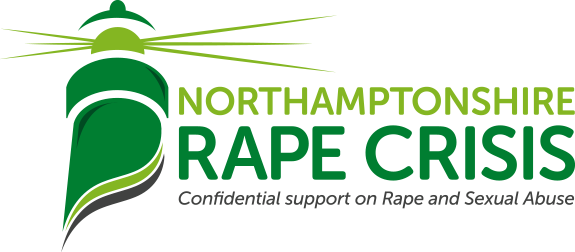Training diary of a volunteer – Sessions 3 & 4
Volunteering with us is a great way to contribute to the community while gaining some serious self-satisfaction – believe us, there’s nothing more enhancing that helping people and seeing your work make a real difference.
 But what about the training to become a volunteer counsellor? We asked one of our trainees, Libby Clifton (pictured), to make a diary for us, to explain her thoughts and feelings throughout the process.
But what about the training to become a volunteer counsellor? We asked one of our trainees, Libby Clifton (pictured), to make a diary for us, to explain her thoughts and feelings throughout the process.
In the second of five instalments, Libby tells us how she learned about the five Fs of trauma, and some learning on trauma.
Want to volunteer with us? Click here to see how you can get involved.
Session 3
The third session based on the science of trauma and rape, was very informative. We all learnt about the Five F’s of Trauma. I had previous knowledge of the Fight or Flight response from my studies in Psychology, however, the Friend, Freeze and Flop responses were new information to me.
We learnt that the amygdala acts in the way it deems most likely for the person to survive, but the survivor isn’t conscious of the fact. This will be extremely helpful when explaining why clients reacted to the traumatic events in the way they did.
We also read Zoe Lodrick’s paper which was very insightful. I have used this as a constant reference for working with clients. It compounded a lot of information for me.
We also covered the BACP Confidentiality and Record Keeping within the Counselling Profession, NRC Policy on record keeping and the folders used at NRC. Session 4 Session Four covered Child Sexual Abuse (CSA) and Child Sexual Exploitation.
CSA is covered by the Sexual Offences Act 2003 and we learnt about contact abuse, non-contact abuse, grooming, and risk factors. I found this my most challenging session if I am honest.
The CEO’s and the Counselling Team Co-ordinator’s introjections enhanced the training as they added context to the theory. For me, these insights gave context to the harrowing material we were learning about.
At the end of this very difficult session, the CEO looked at the pure in trepidation on all of the trainee’s faces and somehow, she made us all smile.
This shows the level of excellence which emanates from the top in how to manage a very difficult subject matter with sensitivity but a recognition of all the trainee’s apprehension.
I felt that I would be fully supported in this placement setting and I would be in safe hands. The CEO confirmed that this was the deep end of a counselling placement but you would find working there extremely rewarding.
I found reading Sanderson’s book on Counselling Skills for Working with Trauma, for my book review, very useful and consolidated a lot of information I had learnt in my sessions at NRC.
